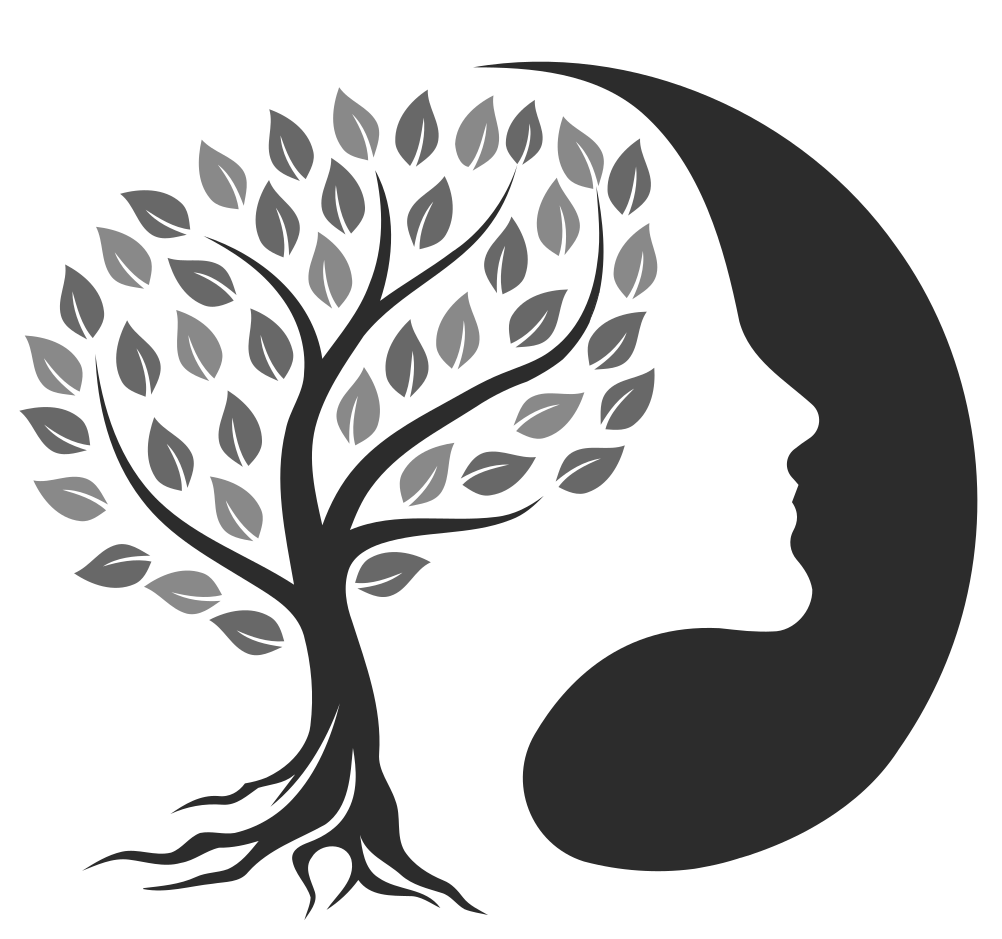Person-centered counseling, also known as client-centered therapy or Rogerian therapy, is a humanistic approach to counseling developed by the psychologist Carl Rogers. This therapeutic approach places emphasis on the individual's experience, autonomy, and inherent capacity for growth and self-actualization.
The core principle of person-centered counseling is the belief in the client's potential for self-understanding and personal growth. It recognizes that individuals have an innate drive to develop and make positive changes in their lives. The counselor's role is to create a supportive and non-judgmental environment that facilitates this process.
Key principles of person-centered counseling include:
-
Unconditional Positive Regard: The therapist demonstrates genuine acceptance, empathy, and respect for the client. They create a safe and non-judgmental space where the client feels valued and understood.
-
Empathy: The counselor strives to understand the client's subjective experience and perspective by empathizing with their feelings and thoughts. This empathic understanding helps the client gain insight into their own experiences.
-
Congruence: The therapist aims to be authentic and genuine in their interactions with the client. They are open and transparent about their own feelings and reactions, which helps establish trust and fosters a deeper therapeutic relationship.
-
Client-Centered Focus: The client is considered the expert on their own life. The counselor avoids imposing their own interpretations or solutions but instead supports the client in exploring their feelings, thoughts, and concerns.
In a person-centered counseling session, the therapist provides a safe and supportive space for the client to explore their emotions, thoughts, and experiences. The counselor actively listens, reflects, and validates the client's feelings, encouraging them to express themselves openly. This process helps the client gain self-awareness, clarify their values and goals, and develop their own solutions to problems.
Person-centered counseling is widely used in various therapeutic settings, including individual counseling, group therapy, and even in other helping professions such as education and healthcare. It has been found effective in promoting personal growth, self-esteem, and self-acceptance, and can be applied to a wide range of issues, including relationship problems, personal development, and mental health concerns.
